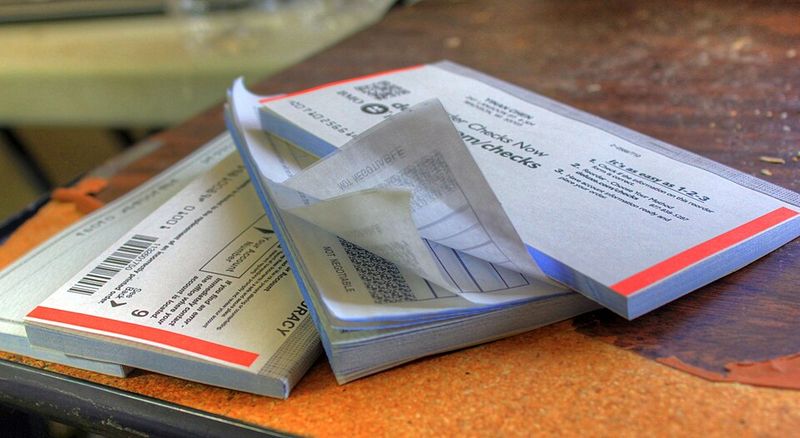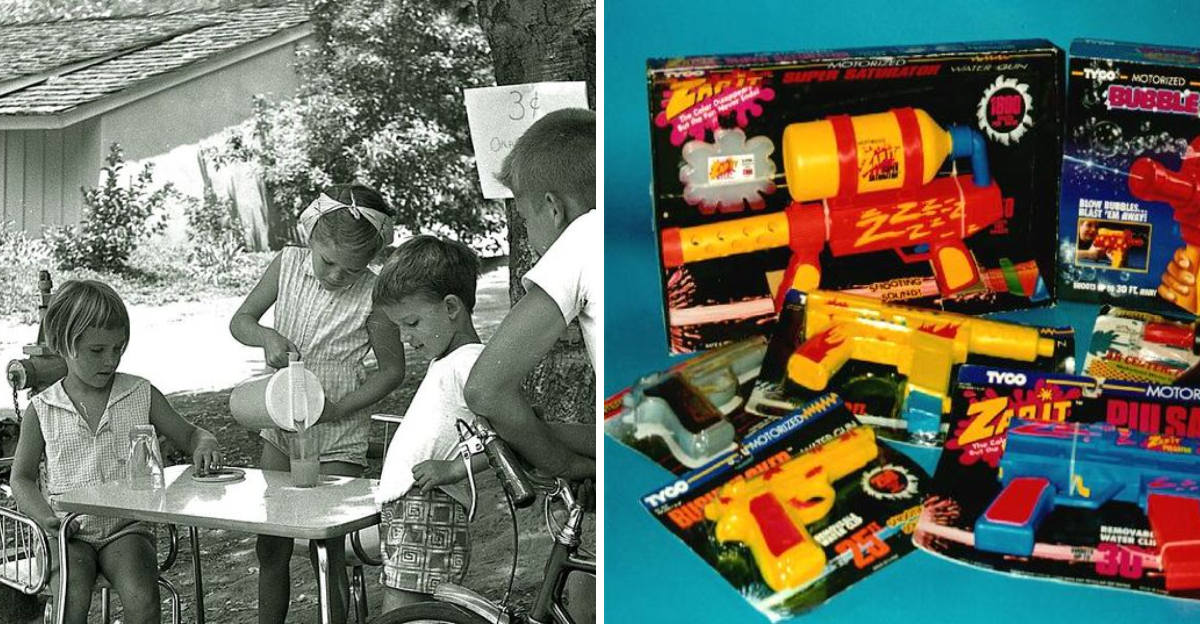7 Boomer Childhood Skills That Totally Vanished From Modern Parenting
Remember when kids could actually fix a torn shirt or find their way home without staring at a screen?
Baby Boomers grew up mastering hands-on skills that made them resourceful, independent, and capable of handling everyday challenges.
Today, many of those abilities have quietly disappeared, replaced by apps, automation, and convenience.
1. Sewing And Mending Clothes

Back in the day, a loose button or torn pocket wasn’t a reason to toss out perfectly good clothes. Kids learned to thread needles, stitch up holes, and keep their wardrobes wearable for years.
Nowadays, fast fashion makes it easier to buy new than to repair old. Most children never touch a needle and thread, missing out on the satisfaction of fixing something with their own hands.
2. Balancing A Checkbook

Managing money meant keeping a careful record of every deposit and expense in a little paper register. Boomer kids watched their parents track every penny, learning the importance of budgeting before spending.
Apps now handle everything automatically, calculating balances instantly. While convenient, this means fewer young people understand how to manually monitor their finances or catch banking errors.
3. Writing Thank-You Notes By Hand

Receiving a gift always came with homework: sitting down to write a proper thank-you note in your neatest handwriting. Grandma wouldn’t accept a phone call as a substitute!
Quick texts and emojis have replaced thoughtful stationery. Although faster, digital messages lack the personal touch and effort that made handwritten notes feel genuinely heartfelt and memorable to recipients.
4. Memorizing Phone Numbers

Before smartphones stored every contact, kids memorized dozens of phone numbers by heart. You knew your best friend’s number, your parents’ work lines, and emergency contacts without hesitation.
Speed dial and contact lists eliminated the need for memory gymnastics. If someone loses their phone today, they’re often completely disconnected, unable to recall a single number from their head.
5. Navigating Without GPS

Road trips required actual map-reading skills and the ability to follow directions based on landmarks. Kids learned to orient themselves using street signs, the sun’s position, and good old-fashioned spatial awareness.
GPS technology tells us exactly where to turn, eliminating guesswork entirely. However, when signals fail or batteries die, many people feel completely lost without digital guidance systems.
6. Using A Card Catalog

Finding a book at the library meant flipping through rows of index cards organized by author, title, and subject. Kids developed research skills and patience while hunting down the perfect book’s location.
Digital databases made searches instantaneous and effortless. While efficiency improved dramatically, something was lost in the process: the joy of unexpected discoveries while browsing through physical card catalogs alphabetically.
7. Telling Time On Analog Clocks

Every classroom had a big round clock, and learning to read it was a childhood milestone. Understanding hour and minute hands taught kids about time’s passage in a visual, tangible way.
Digital displays show exact numbers instantly, requiring zero interpretation. Many young people struggle with analog clocks now, finding them confusing or old-fashioned compared to their phones’ simple numeric readouts.





